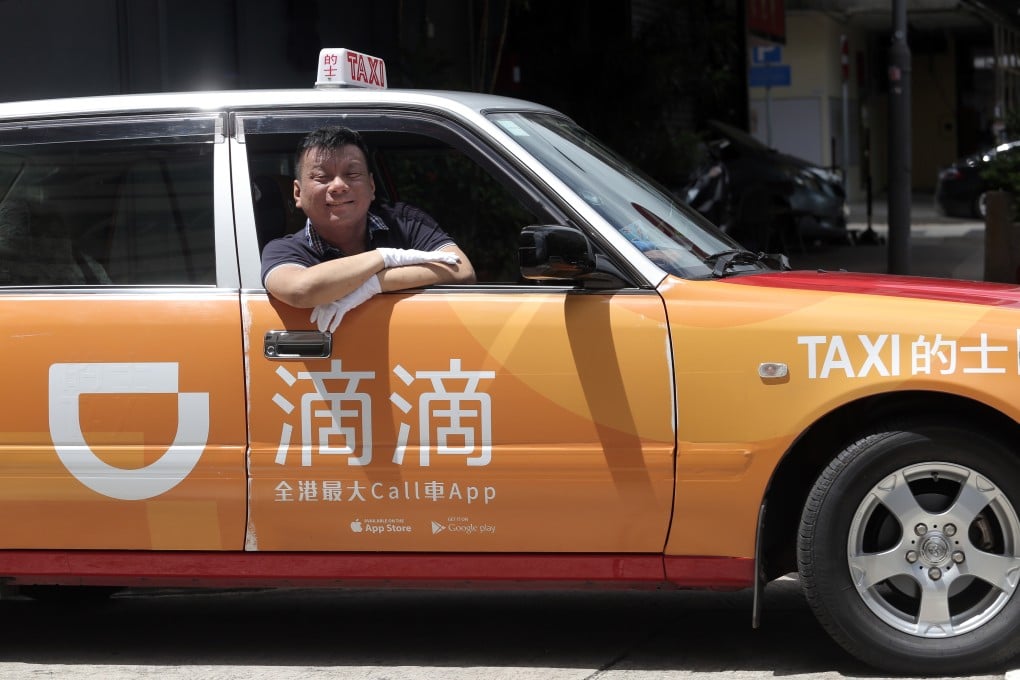Advertisement
Before Uber, Didi drivers had their own strikes
China’s government acknowledges the struggles of 70 million gig economy workers, but problems remain
Reading Time:3 minutes
Why you can trust SCMP
0

This article originally appeared on ABACUS
Update: Includes reaction from Didi.
Uber and Lyft were rocked this week by drivers protesting for better wages and working conditions in the build-up to Uber’s IPO. The protests spread through two dozen cities around the world until Friday, when Uber finally started trading and raised US$8.1 billion -- near the bottom of their predictions.
The protest didn’t go unnoticed in China, where Didi has ruled over ride-hailing since buying out Uber’s China business in 2016. While US gig workers have unsuccessfully sued tech giants to be considered employees instead of contractors, there are signs China might be going in a different direction.
Didi Chuxing taking competition with nemesis Uber abroad
A separate Guangzhou-based ride-hailing service recently failed to convince a court that one of its drivers didn’t qualify as an employee. The company claimed that since no labor contract was signed and the driver could work as he pleased, he was not an employee. The court disagreed because the driver worked more than the legal minimum for part-time work.
“I do the work arranged on the platform, I get a salary every month, how am I not the platform’s employee? If it’s not a labor relationship what is it?” the driver asked, according to state-owned news organization Xinhua.
As in other countries, China’s gig economy is facing scrutiny as workers fight for more rights. Except in China, the gig economy is massive, with as many as 70 million workers in 2018, according to data from China’s State Information Center. That’s more than a quarter of the US population.
Alibaba estimates it’s even larger at about 110 million workers with some form of part-time job. About 31 million of them work in ride-hailing.
Advertisement